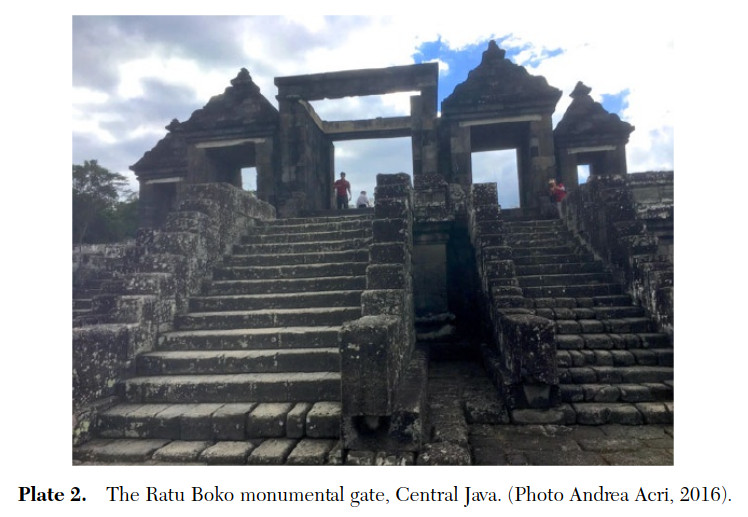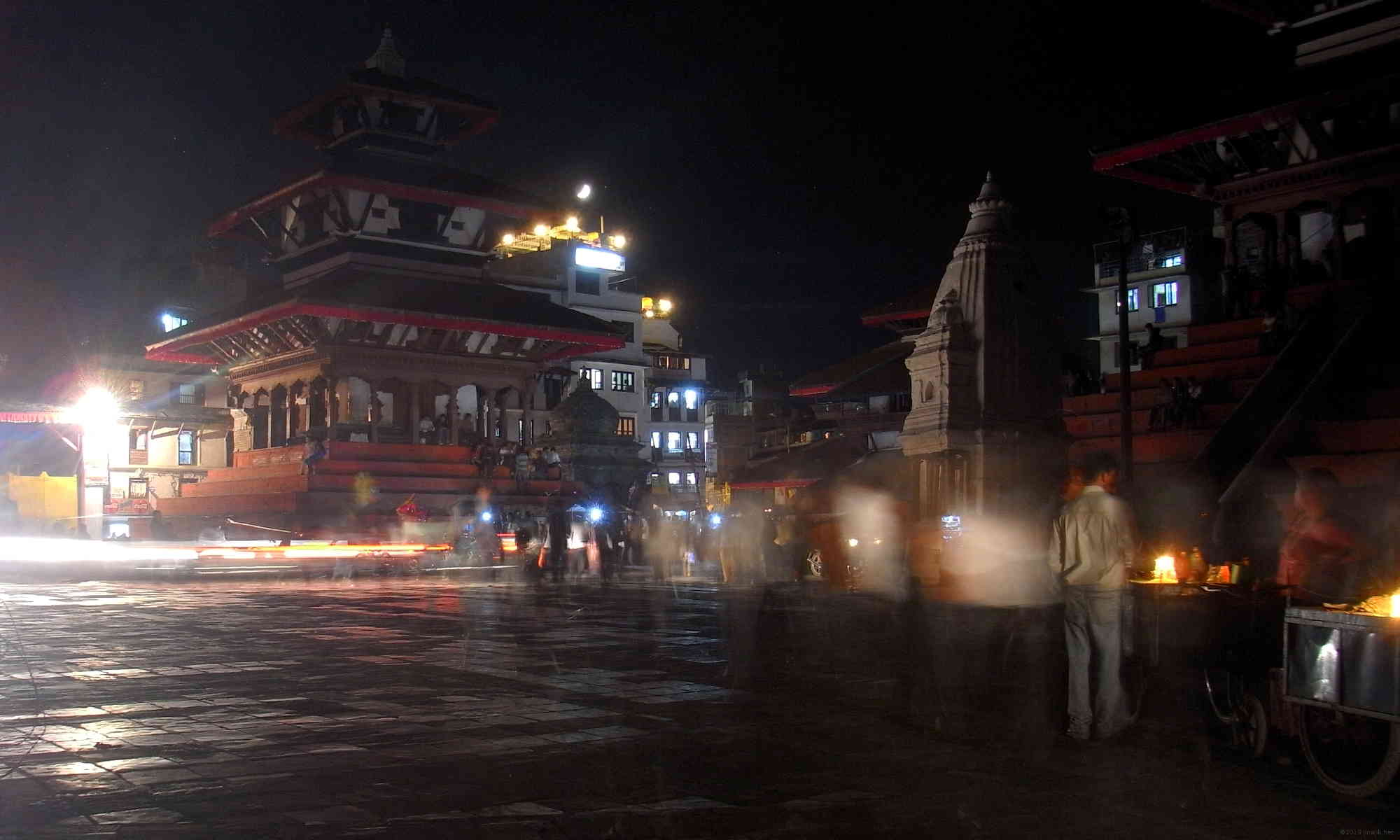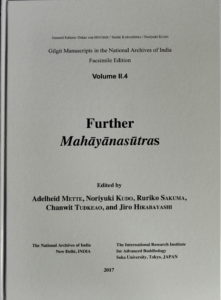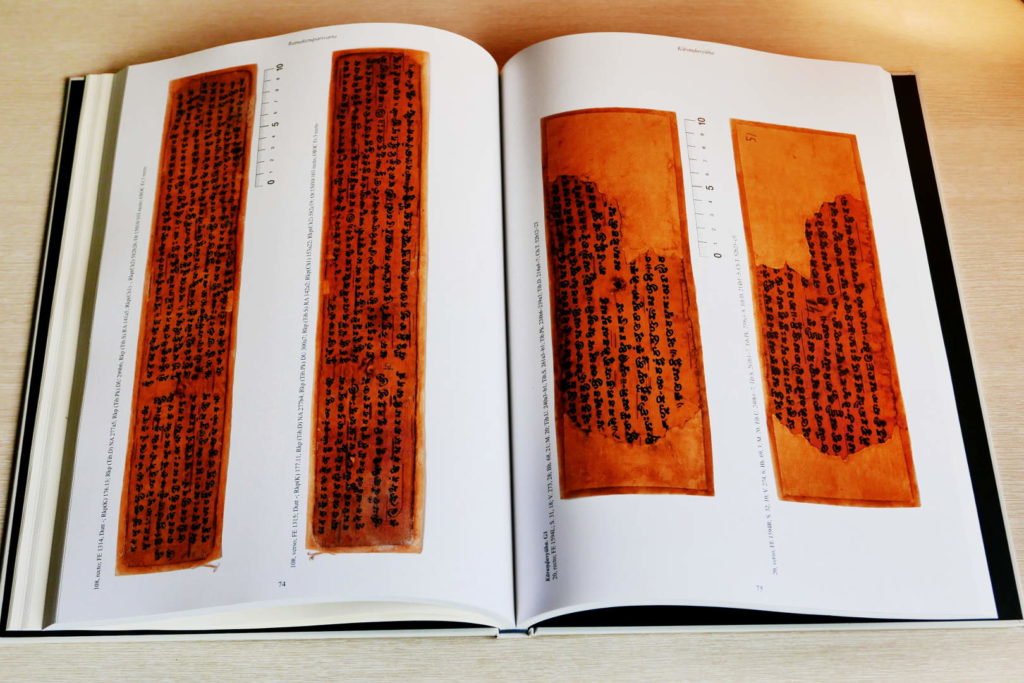Andrea Acri. 2018. ‘The place of Nusantara in the Sanskritic Buddhist Cosmopolis’. TRaNS: Trans-Regional and -National Studies of Southeast Asia 6 (2), pp. 139-166. doi:10.1017/trn.2018.5 [academia]

From the Abstract
This article synthesizes and links together evidence published thus far in secondary literature in order to highlight the contribution of Nusantara to the genesis and circulation of various forms of Sanskritic Buddhism across Asia from the fifth to the fourteenth century. It places particular emphasis on its expansion via maritime routes. Continue reading “Acri (2018), Nusantara in the Sanskritic Buddhist Cosmopolis”



